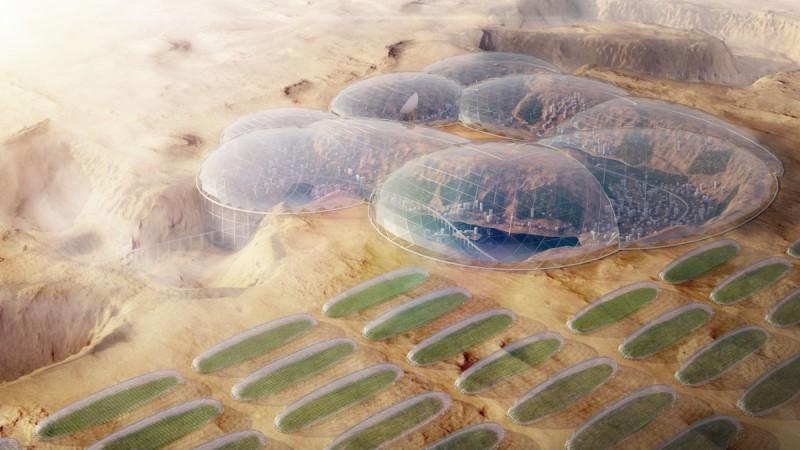NASA, the United States space agency and private space companies like SpaceX headed by South African billionaire Elon Musk are now busy developing plans to achieve the ultimate goal of Mars colonization in the near future. However, a new study suggests that astronauts staying on the Red Planet could develop dementia, a serious brain disease.

Space radiation creates dementia risks
An old study paper published by the US National Library of Medicine & National Institutes of Health had suggested that the risks of developing dementia are more among people who received radiation therapy for cancer.
"When a patient with cancer develop brain metastasis, death is usually imminent, but aggressive treatment in some patients with limited or no systemic disease yields long-term survival. In such patients, delayed deleterious effects of therapy are particularly tragic. We report 12 patients who developed delayed complications of whole-brain radiotherapy (WBRT) given as sole treatment (4 patients) or in combination with surgical resection (8 patients). Within 5 to 36 months (median, 14) all patients developed progressive dementia, ataxia, and urinary incontinence causing severe disability in all and leading to death in 7," wrote the researchers in the study report.
Scientists believe that a similar risk of developing dementia will be higher among astronauts who get exposed to deadly space radiation. Charles Limoli, a professor of radiation oncology at UCI's School of Medicine warns that exposure to dangerous space radiation will trigger unique hazards to astronauts including dementia.
"The space environment poses unique hazards to astronauts. Exposure to these particles can lead to a range of potential central nervous system complications that can occur during and persist long after actual space travel – such as various performance decrements, memory deficits, anxiety, depression, and impaired decision-making," said Limoli, Science Daily reports.
Sending artificial intelligent bots to Mars could solve the issue
Some experts believe that sending artificial intelligent robots to Mars could protect humans from space radiation on the Red Planet. As per these experts, these intelligent bots will build safe colonies on Mars, so that astronauts can stay safe in the barren Red Planet without suffering from the harmful effects of radiation.
A few months back, Samantha Rolfe, an astrobiologist at the University of Hertfordshire had warned that human colonization missions to Mars could turn out to be a moral catastrophe. As per Rolfe, human missions to Mars could introduce earthly microorganisms, and they may kill possible alien life on the Red Planet.









